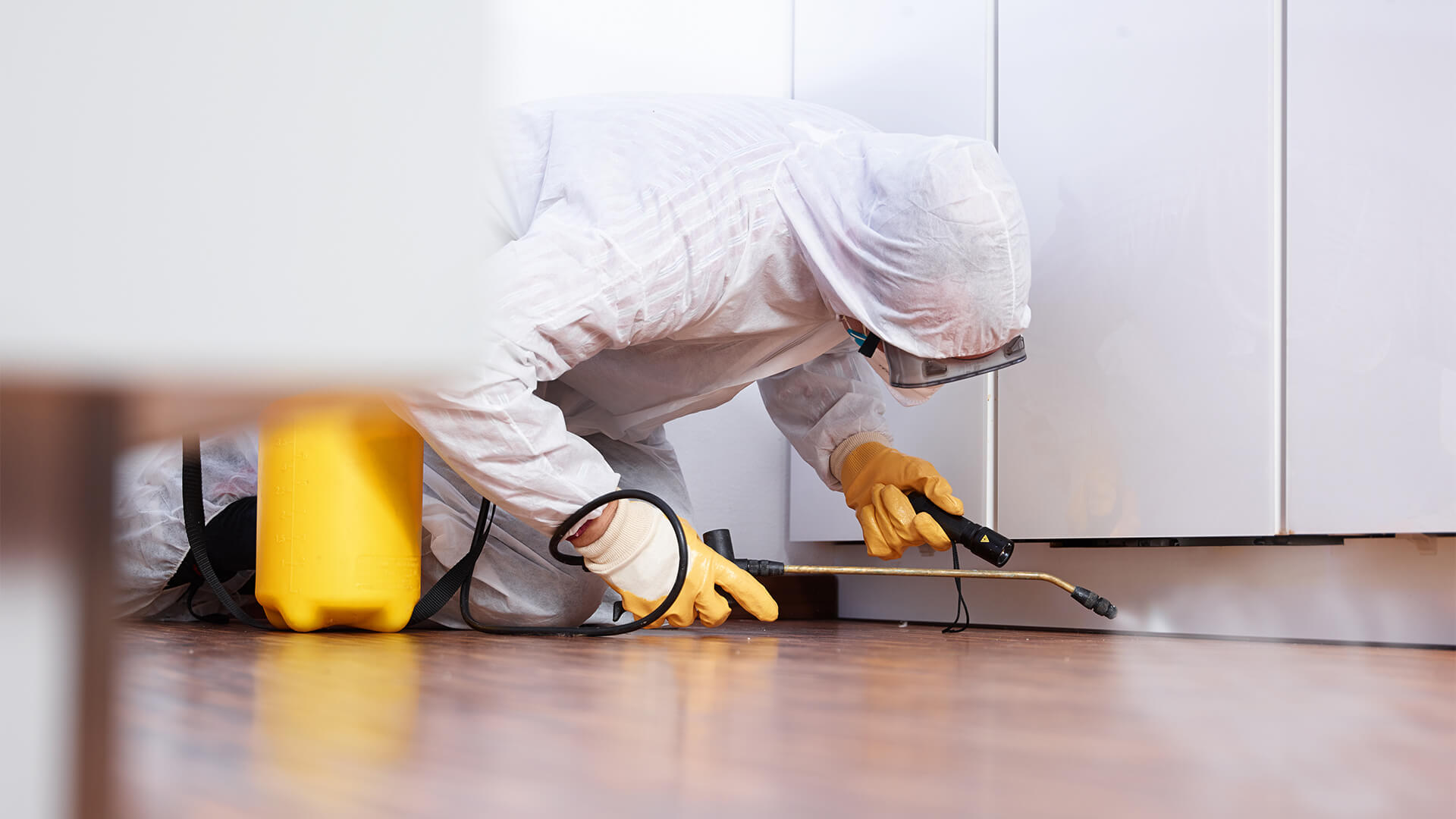Pest control is a crucial aspect of maintaining a healthy and comfortable living environment. Unwanted pests can not only damage your property but also pose health risks to you and your family. In this article, we’ll explore effective pest control strategies, from prevention to treatment, to help you keep your home pest-free.
The Importance of Pest Control
Effective pest control is essential for several reasons:
1. Health Protection
Many pests, such as mosquitoes, ticks, and rodents, can transmit diseases to humans. Pest control helps protect your family from health risks.
2. Property Preservation
Pests like termites, carpenter ants, and rodents can cause extensive damage to your home’s structure and belongings.
3. Peace of Mind
Living in a pest-free environment provides peace of mind, reducing stress and anxiety associated with infestations.
4. Cost Savings
Early pest detection and control can save you money preventing costly damage repairs.
Pest Control Strategies
Here are effective strategies to keep pests at bay:
1. Preventive Measures
- Seal Entry Points: Inspect your home for gaps, cracks, and openings and seal them to prevent pests from entering.
- Proper Food Storage: Store food in airtight containers to prevent access for pests like ants and rodents.
- Regular Cleaning: Keep your home clean and free of crumbs and spills that attract pests.
- Remove Standing Water: Eliminate sources of standing water that can attract mosquitoes and other insects.
2. Natural Remedies
- Use Diatomaceous Earth: This natural, non-toxic powder can be applied to areas where pests are a problem, causing them to dehydrate and die.
- Neem Oil: Neem oil is effective against a variety of pests, including aphids, mites, and fungi.
3. Chemical Treatments
- Insecticides: Chemical insecticides can be used to control a wide range of pests, but they should be applied with caution and according to the manufacturer’s instructions.
- Rodenticides: These are used to control rodents, but should be handled carefully, as they can harm non-target animals.
4. Professional Pest Control Services
- Hiring a professional pest control service is often the most effective way to address serious infestations. They have the expertise and equipment to tackle a wide range of pests safely and effectively.
- Regular pest inspections and maintenance plans offered professionals can help prevent infestations before they become severe.
Common Pests and How to Control Them
Here are some common pests and strategies for controlling them:
1. Ants
- Use ant baits and traps to lure and eliminate ant colonies.
- Keep surfaces clean to remove food sources.
2. Cockroaches
- Seal cracks and crevices where cockroaches hide.
- Use cockroach baits and insecticide sprays.
3. Termites
- Regular termite inspections are crucial for early detection.
- Termite treatments may include liquid termiticides or termite baits.
4. Rodents (Rats and Mice)
- Set traps or use rodenticides to control rodent infestations.
- Seal any openings that rodents can use to enter your home.
5. Mosquitoes
- Eliminate standing water where mosquitoes breed.
- Use mosquito nets and insect repellent to protect yourself outdoors.
Conclusion
Effective pest control is essential for a safe and healthy living environment. By implementing preventive measures, using natural remedies, or seeking professional assistance when needed, you can keep your home free from unwanted pests. Regular maintenance and vigilance are key to ensuring that your home remains a pest-free haven for you and your family.



